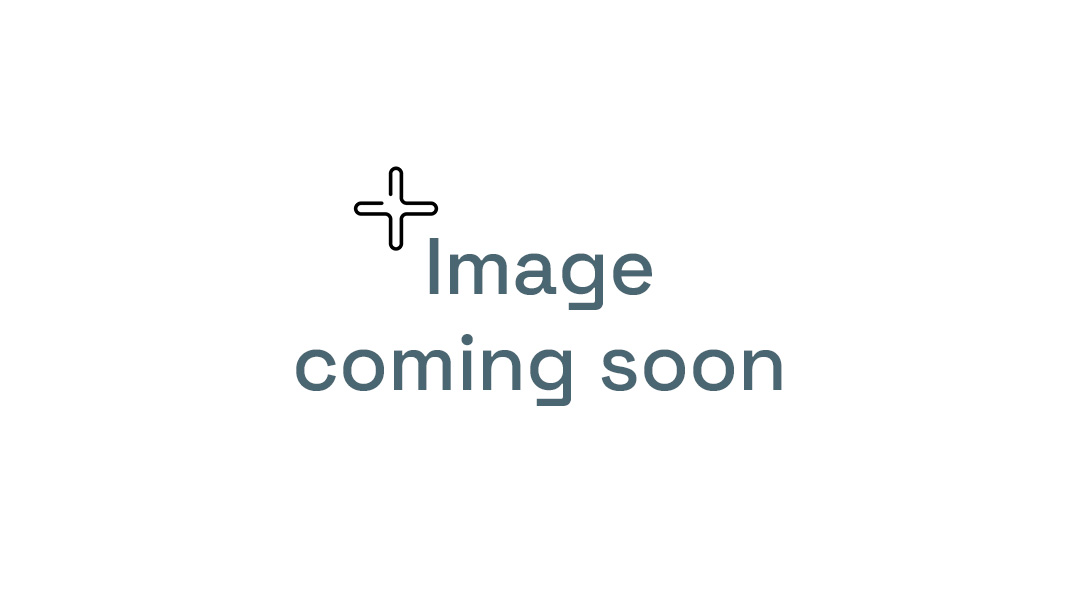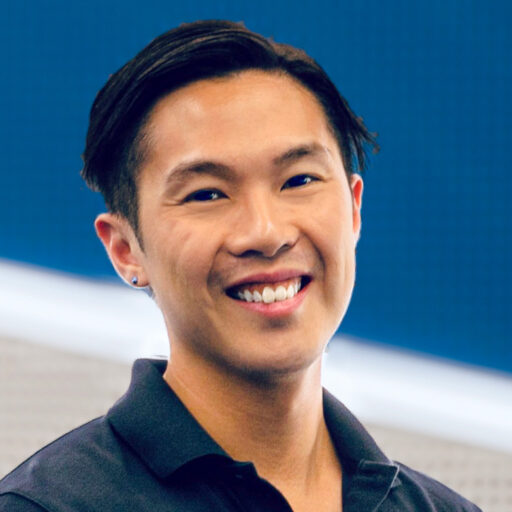Project | All Projects ↗️
Co-Creating with Industry Authentic Work-Integrated Learning for the Future GenAI-augmented Designer

Details
If professional design practices are still figuring out how to integrate Generative Artificial Intelligence (GenAI) effectively, what counts as an authentic Work Integrated Learning (WIL) for design students entering these workplaces? In the absence of established GenAI-augmented design workflows, this chapter proposes that authentic WIL should be re-imagined through a co-creation process, where practitioners and educators jointly create a programme that equip students GenAIaugmented design skills with clear routes to contribute this new value to industry upon graduation. This case study introduces the Hybrid Design Studio, a 12-week postgraduate WIL design studio programme co-developed between design educators and a design consultancy. Using a design-based research approach, the academic authors a learning brief where students learn and apply Frayling’s Research through Design. The practitioner authors a design brief that situates the project within a real-world context. Next, the design brief is expanded to incorporate GenAI opportunities whereas the learning brief scaffolds these opportunities by introducing GenAI exploratory methods within the programme. Together, they form the Hybrid Design Studio, where students apply GenAI for indepth design research, surfacing latent societal patterns and near-future service opportunities not easily visible through conventional human design analysis. Stakeholders contribute distinct expertise to this programme: students take the creative risks through AI exploration; educators ensure methodological rigour and responsible ethical use; and industry tests feasibility and translation to workplace processes. This chapter contributes the programme as a prototype for authentic WIL in the age of AI, offering principles for university and industry in cultivating AI ready designers.
keywords: design education; generative artificial intelligence; work-integrated learning; GenAI in design; university-industry partnership
- year: November 2025 — ongoing
Ongoing projects | All projects ↗️

Friend and foe: Characterising (counter)productive prompting of generative AI to supplement exploratory sketching


